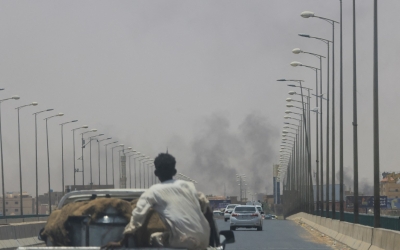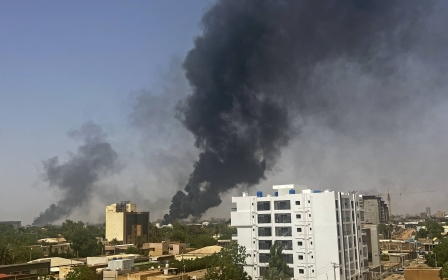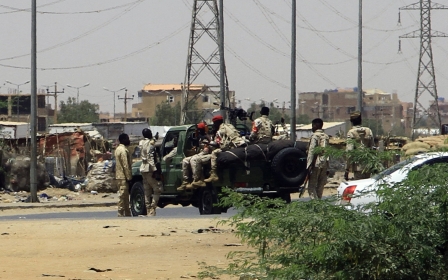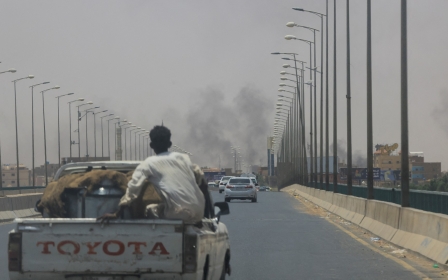Who are the RSF, Sudan’s powerful paramilitary force?
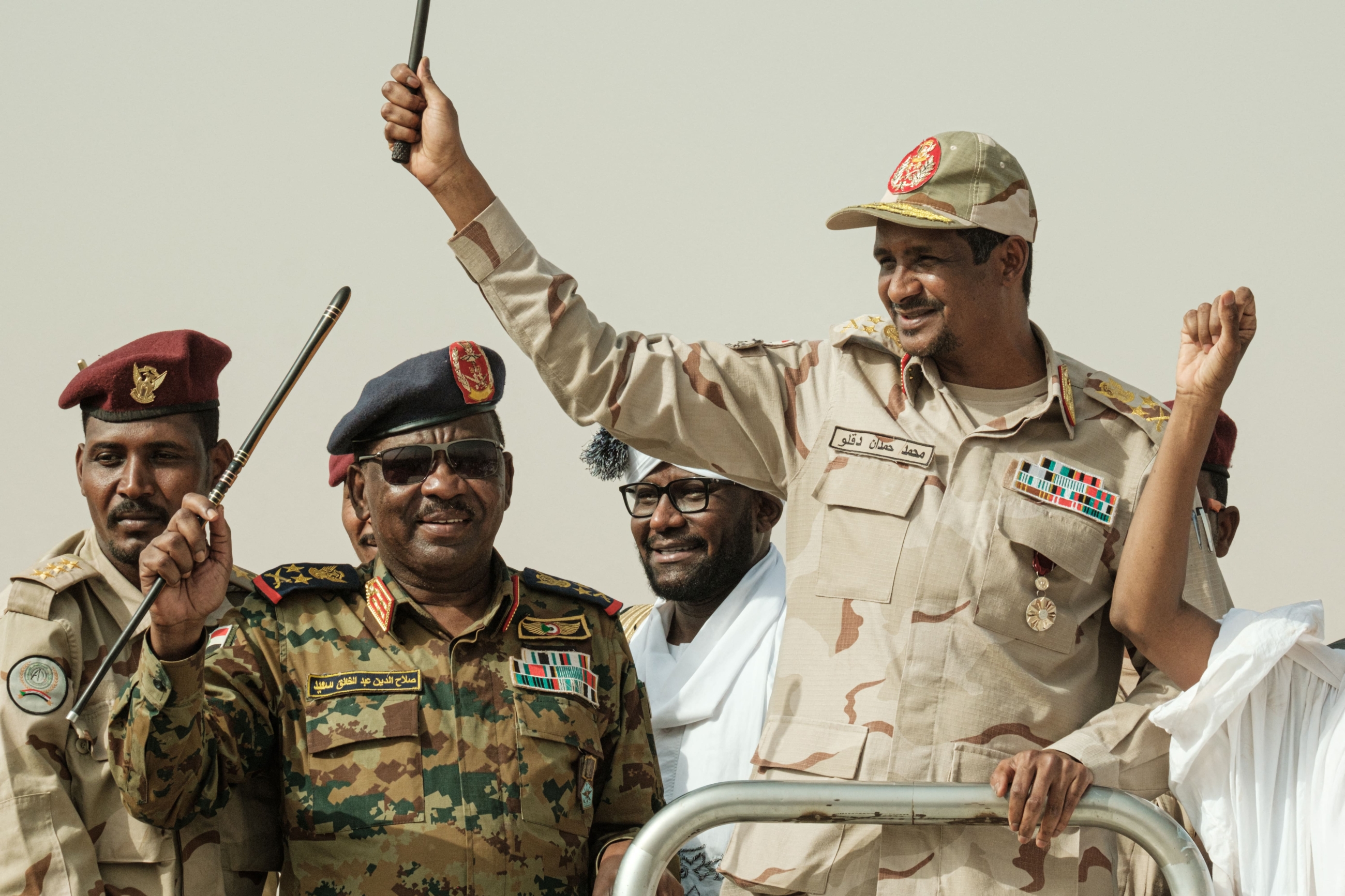
Since the early hours of Saturday, Sudan has been gripped by intense clashes between the country's military and the paramilitary Rapid Support Forces (RSF).
The unrest stems from disagreements surrounding the integration of the RSF, one of the most powerful forces in the country, into the military and the authority overseeing the process.
The power struggle between the Sudanese Armed Forces (SAF) and the RSF has caused delays in signing an internationally backed agreement, which was originally scheduled for 1 April.
The deal is believed to be advantageous to the chief of the RSF, Mohamed Hamdan Dagalo, better known as Hemeti.
According to a draft of the final agreement, the integration of the SAF, RSF and former rebel movements would be agreed upon within 10 years. However, SAF want the process of integration to take only two years, which has caused tension between the military and the RSF.
New MEE newsletter: Jerusalem Dispatch
Sign up to get the latest insights and analysis on Israel-Palestine, alongside Turkey Unpacked and other MEE newsletters
But who are the RSF and how have they managed to acquire significant influence in Sudan?
The group developed from the Janjaweed militias during the 2000s, when former President Omar al-Bashir used them to stifle a rebellion in Darfur, the western region of Sudan.
At the time they were accused of committing war crimes such as extrajudicial killings, torture and rape, in a conflict that saw an estimated 2.5 million people displaced and 300,000 killed.
RSF’s leader Hemeti rose to prominence as a Janjaweed leader when the conflict in Darfur started.
The group was then restructured into the RSF in 2013. Bashir used the RSF as his own personal militia, ready to clamp down on dissent at the former president’s orders.
With the increasing prominence of the RSF and its involvement in Sudan's security affairs, Hemeti’s business interests began to flourish with support from Bashir - his family expanded into gold mining, livestock and infrastructure.
In addition to its military activities, the RSF has also been involved in civilian affairs, including border control, law enforcement, and the collection of taxes and customs duties.
The force has been criticised for its involvement in these activities, which are traditionally the responsibility of civilian authorities.
In 2019, the paramilitary force turned on Bashir after countrywide protests called for his removal from power after a 30-year rule.
Since then, the RSF became a powerful actor in Sudanese politics, counting what analysts believe are 100,000 members, controlled by their own command structure and with their own budget.
The RSF has been involved in the country's transition to a civilian-led government but when differences started to emerge about its integration within the national army, Sudan was plunged into clashes, which, left unmediated, could evolve into a civil war.
Middle East Eye delivers independent and unrivalled coverage and analysis of the Middle East, North Africa and beyond. To learn more about republishing this content and the associated fees, please fill out this form. More about MEE can be found here.


